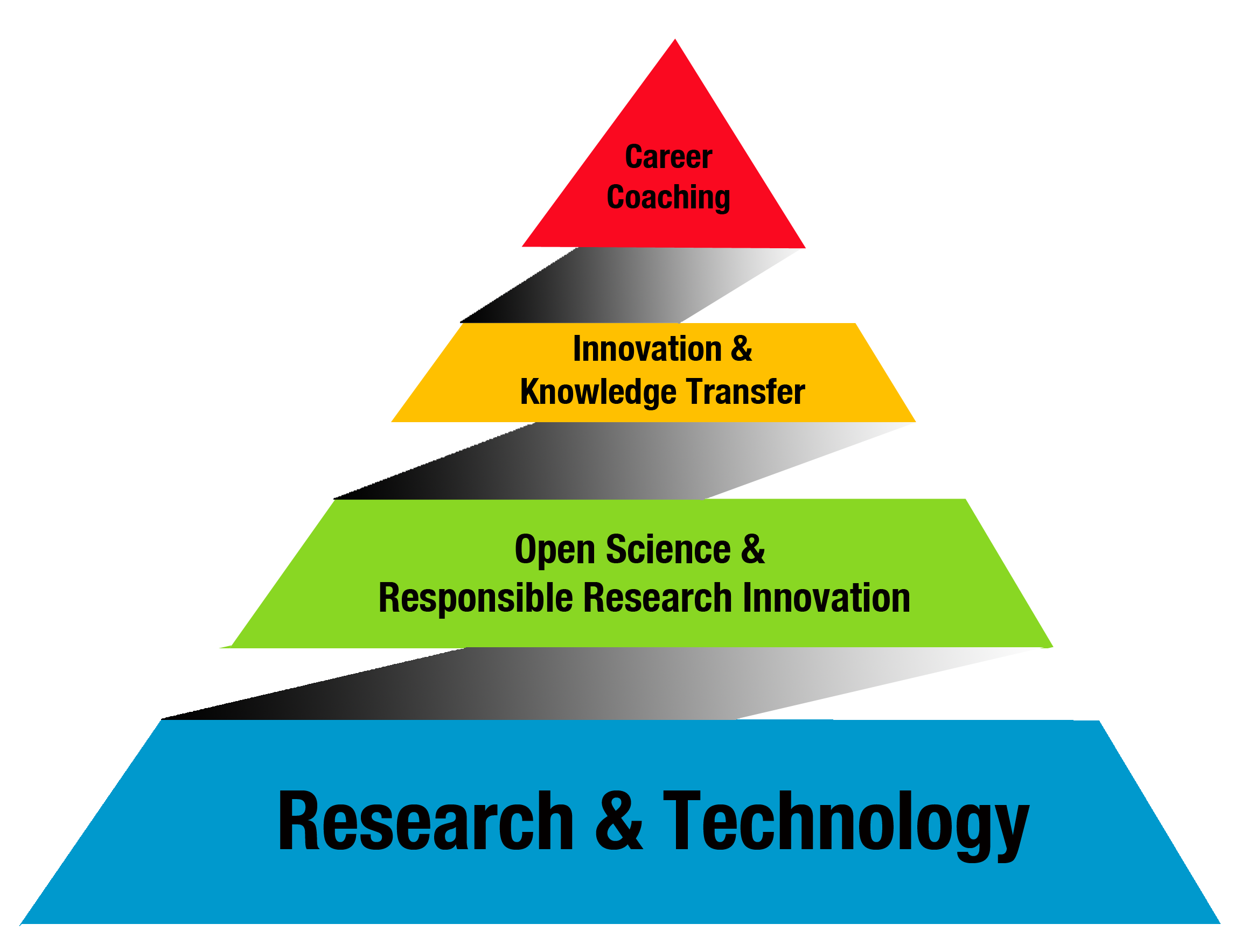MGnify (formerly EBI Metagenomics) is a freely available hub for the analysis and exploration of metagenomic, metatranscriptomic, amplicon and assembly data. The resource provides rich functional and taxonomic analyses of user-submitted sequences, as well as analysis of publicly available metagenomic datasets drawn from the European Nucleotide Archive (ENA).
This webinar will provide an overview of the MGnify API and its use, including how to execute API calls from the browser; where to find documentation; how to use filtering and pagination; available output formats; and scripting examples in Python and R. The webinar will assume a degree of familiarity with the microbiome-derived data in MGnify.
This webinar is aimed at individuals who wish to learn more about the MGNify API. Some familiarity with MGNify and programmatic access methods is recommended.
This webinar was recorded on 28 November 2018. It is best viewed in full screen mode using Google Chrome. The slides from this webinar can be downloaded below. The scripts that Ola used in the demonstration along with other examples can be found can be found on GitHub. Documentation on the MGnify API can be found on the MGnify website.
 In this collection of online resources you will find internal and external courses, and educational material for self-paced study. The courses are organized in four different categories:
In this collection of online resources you will find internal and external courses, and educational material for self-paced study. The courses are organized in four different categories: